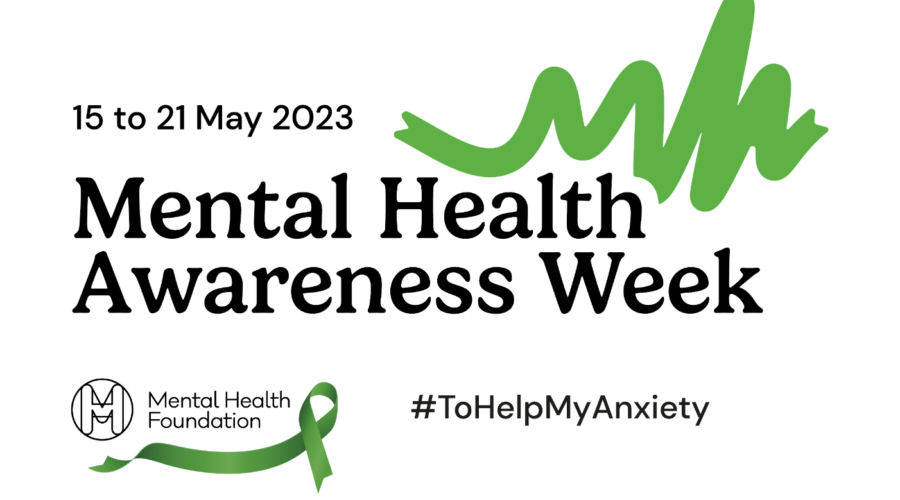
This week LCiL is proud to be supporting Mental health Awareness Week. This year’s theme of anxiety was chosen to help kickstart a nationwide conversation where we all encourage each other to share personal experiences and any ideas on how to manage anxiety.
Anxiety is a common emotion that everyone will have experienced at some time in their life. However, for some people, anxiety can become a serious mental health issue. There are many factors that can trigger anxiety, including:
- Interpersonal relationships
- Financial concerns
- Other significant life events
- Difficulty fulfilling basic needs
Anxiety is one of the most common mental health challenges in the world; A recent survey by the Mental Health Foundation found that a quarter of adults feel their anxiety is so intense that it prevents them from pursuing their desired activities, either occasionally or consistently.
If you are experiencing anxiety, there are several things that you can do to help manage it. These include:
- Seeking professional help: If your anxiety is severe or interfering with your daily life, it is important to seek professional help. The first step to getting support is usually to have a discussion with your GP.
- Educating yourself about anxiety: The more you know about anxiety, the better equipped you will be to recognise and manage it. There are many resources available to help learn more about anxiety including Anxiety UK and the Mental Health Foundation. Your GP may also be able to signpost you on to relevant organisations and resources in your area.
- Joining a support group: A group can help you to connect with others who understand what you are going through. Your GP may be able to signpost you to relevant local groups in your area.
- Practicing relaxation techniques: Relaxation techniques, such as deep breathing and meditation, can help to reduce anxiety.
- Getting regular exercise: Exercise is often considered a great way to reduce stress and anxiety.
- Getting enough sleep: When you are well-rested, you are better able to cope with stress and anxiety.
- Eating a healthy diet: Eating a healthy diet can help to improve your overall mood and well-being.
- Avoiding caffeine and alcohol: Caffeine and alcohol can worsen anxiety symptoms.
- Talking to someone you trust: Talking to a friend, family member, or therapist can help you to feel less alone and more supported.
Find out more
For more information about anxiety signs and tips to managing it, please visit the external resources below.